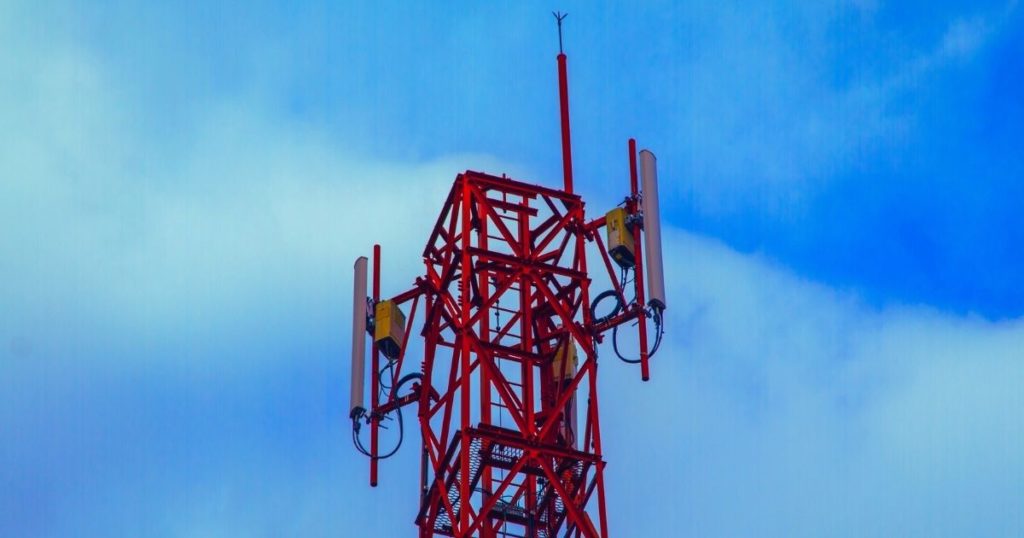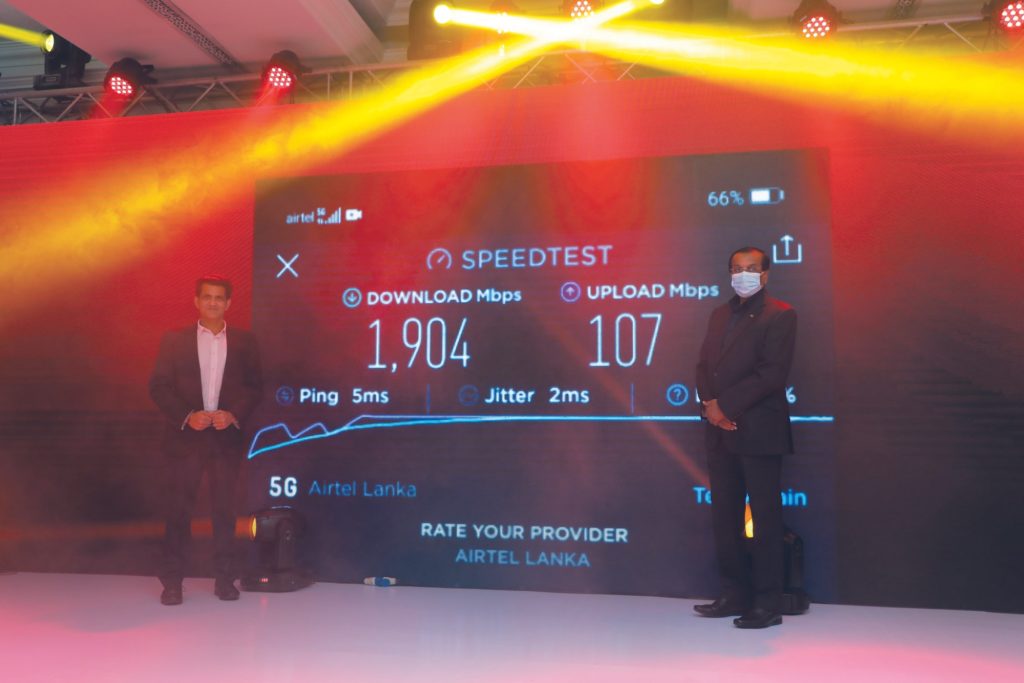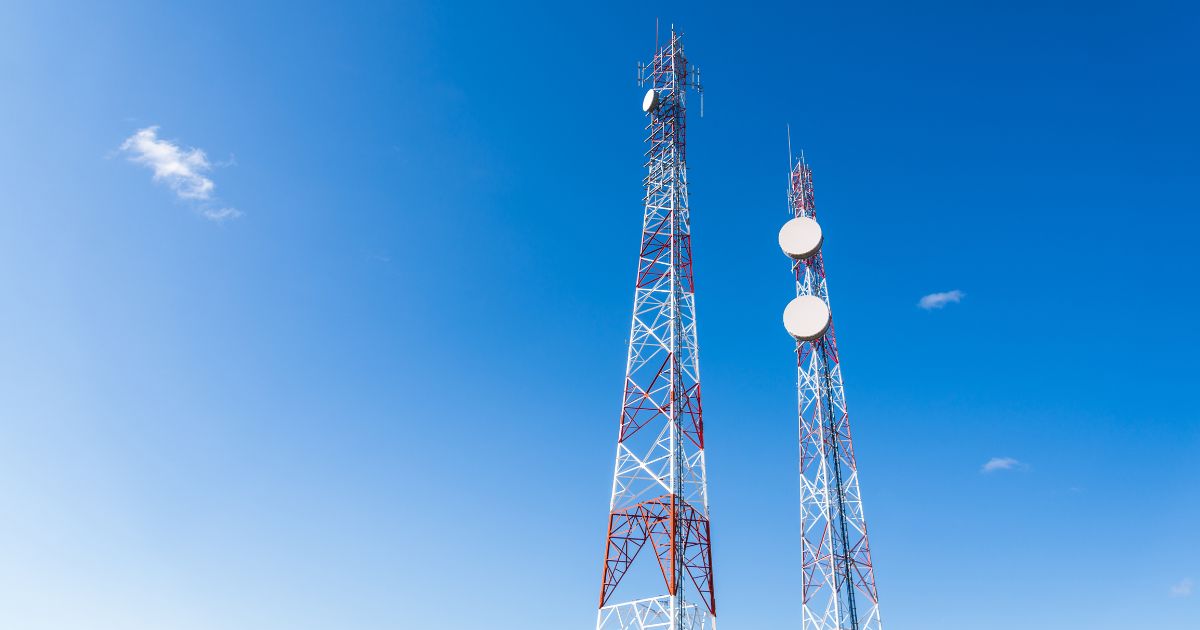The sale of SLT’s 50.23% stake has hit a bump in the road owing to Mobitel’s ongoing court case against the Telecommunications Regulatory Commission of Sri Lanka (TRCSL). A few months ago, the state enterprise took the regulator to court in opposition to the proposed acquisition of Airtel Sri Lanka by Dialog Axiata, citing monopoly concerns.
Back in May, Dialog Axiata announced that it was acquiring Airtel Sri Lanka as part of a cash and share swap deal. As per the binding term sheet, Bharti Airtel would gain a stake in Dialog that would reflect the fair value of Airtel Lanka. Dialog indicated that finalized agreements were yet to be signed at the time, with TRC’s Acting General Director Helarisi Ranatunga stating that the regulator has yet to grant approval.
By June, SLT took TRCSL to court, claiming that the proposed merger’s 52% of estimated spectrum allocation was unlawful. Amid the operator’s raised concerns, Sri Lanka’s Finance Ministry issued a Request for Qualification from interested parties on the possible acquisition of the 50.23% stake in SLT. The DailyFT reports that the issue is now under discussion among the parties concerned, where an agreement is to be made about equally distributing Airtel Lanka’s allotted spectrums. A failure to reach an agreement would mean that the issue will be taken to the Court of Appeals in December.
Mobitel’s concerns
In its Court of Appeal case, the petitioner (Mobitel) stated that all spectrum licenses issued by TRCSL are non-transferable and that the proposed combination of the allocated spectrum would be “utterly injurious” to the petitioners. Mobitel points out that in the event that Dialog and Airtel combine operations, and one or more of the licenses in question cease to operate under existing terms, the law demands the frequencies be handed back over to TRCSL. Here, the regulator is expected to redistribute the spectrum to all existing operators.
Additionally, Mobitel states that operators have no right to sell or transfer their respective spectrums and that the proposed acquisition is merely a means to circumvent the prohibition.

Historically, TRCSL has carried out spectrum allocation in various ways, most notably via bidding and administrative allocation. While the likes of Dialog often opt for spectrum allocation through bidding, Mobitel claims that this only benefits Dialog and would cause a monopolistic landscape. The state-owned telecom operator also points out that previous spectrum allocation issues such as Dialog’s case in 2019 have been resolved through administrative allocation.
Back in 2019, Dialog filed a court case accusing TRCSL of unfair practices in giving out certain spectrums. In this instance, Dialog called out TRCSL for reportedly handing out a 7.5 MHz spectrum in the 1800 MHz frequency band to Mobitel without a competitive bidding process. The issue was eventually settled via an administrative allocation process.
It’s worth noting that this isn’t the first time a telecom service provider acquired another operator. Back in 2018, Hutch Sri Lanka acquired Etisalat Sri Lanka in a similar fashion. Following Mobitel’s objections, TRCSL allowed the allotted spectrum to be combined, though required a partial surrender of the frequencies. These frequencies were eventually assigned to Airtel Sri Lanka.
Setting up for 5G
In addition to the government’s ongoing efforts at selling SLT’s majority stakes, the opposition to Dialog’s acquisition comes at a time when telecom operators are preparing for 5G in the country. Early this year, TRCSL announced that Airtel Sri Lanka was phasing out its 3G network, along with the other operators to expand 4G capabilities and set up for 5G. Of course, 5G is yet to be commercially launched in Sri Lanka and part of the reason is the 2022 economic crisis.
Now, with Dialog pursuing an acquisition, Mobitel has expressed an interest in purchasing Lanka Bell’s spectrum assets in the 850 (LTE) and 2300MHz (LTE and 5G) bands, as per the Daily FT. Although, TRCSL has reportedly denied the possibility of such an acquisition. Further Mobitel states that it’s now at a disadvantage as the operator has no frequency in the 2600MHz band, which is utilized for LTE and 5G.

Time will tell whether a mutual agreement on Airtel Sri Lanka’s spectrum allocation or a court order that prevents the pending acquisition will come to light. It’s also important to note that attempts to acquire Airtel Sri Lanka have been around for several years and Dialog’s latest efforts have yet to be approved by the TRCSL. So there’s a likelihood that the spectrum issue may be resolved before it even gets taken up by the courts. Either way, it will be interesting to see how the case will be handled, particularly in the context of antitrust.







SLT withdrew the case.
On mar.4, TRC with all telecom operators discussed the imbalance of spectrum and fixed the allocation issue.
Then approved dialog-airtel merger.